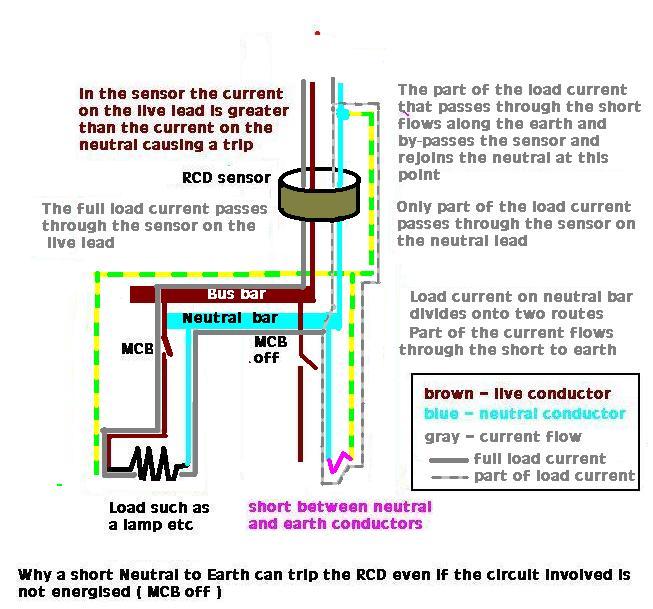Last February (2014) a long standing tenant moved away. I decided to upgrade the existing fuse box to a new RCD consumer box. I contacted a local known electrician who came and installed a single RCD box and mains connected heat & smoke detectors. Tested the circuits and left me with a certificate etc and all worked fine for a while....... New tenant had been in for a few weeks when the dreaded RCD trips started.
I have since had the electrician back and replaced the shower unit and tested all the circuits. The trip outs continue.
My question is..... I have been told that the single RCD box is incorrect and I should have a dual RCD consumer box (since the 17th edition?)
I know this may not fix the trip outs. (much effort has gone into tracing wires without a smoking gun yet) But when the single rcd trips everything goes out.
Should a Dual RCD unit have been fitted the first time. Should it have been fitted by law??
Thanks in advance for any info
nairb
I have since had the electrician back and replaced the shower unit and tested all the circuits. The trip outs continue.
My question is..... I have been told that the single RCD box is incorrect and I should have a dual RCD consumer box (since the 17th edition?)
I know this may not fix the trip outs. (much effort has gone into tracing wires without a smoking gun yet) But when the single rcd trips everything goes out.
Should a Dual RCD unit have been fitted the first time. Should it have been fitted by law??
Thanks in advance for any info
nairb



